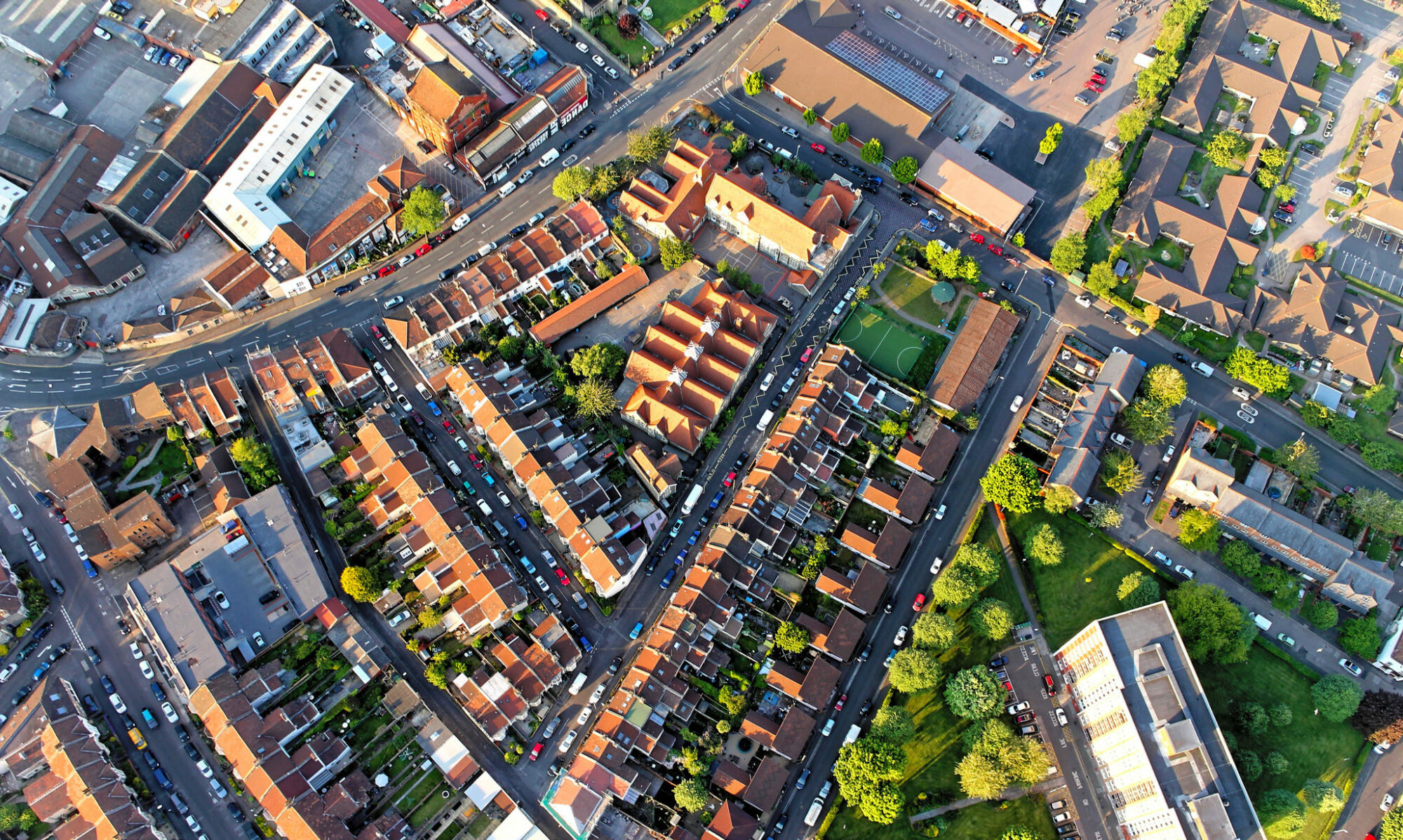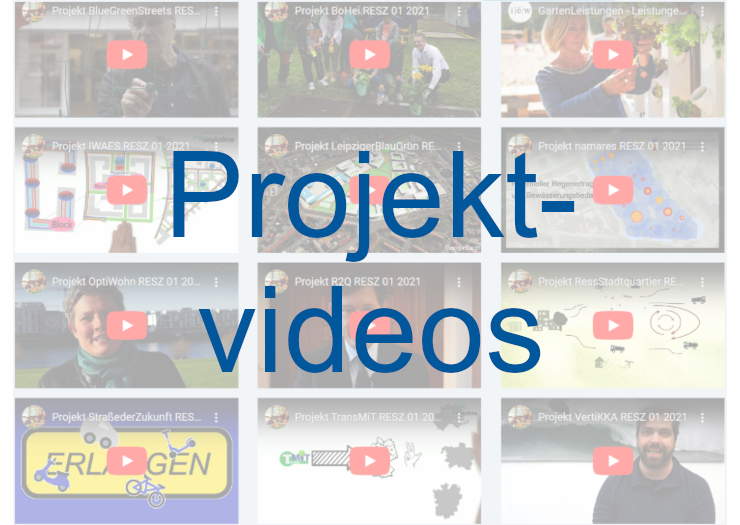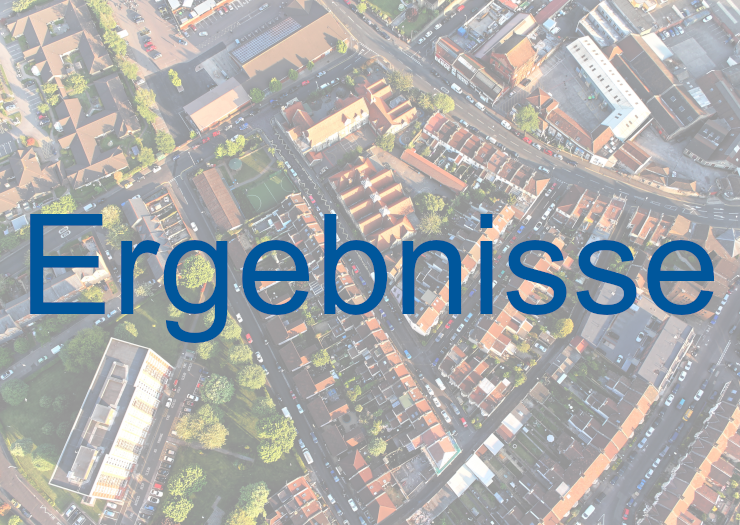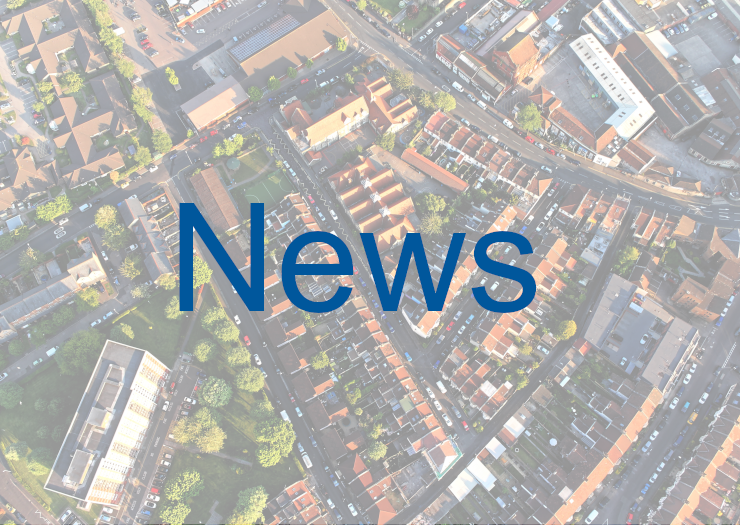About RES:Z
More than half of the world’s population lives in cities, and by 2050 this figure will rise to over 70%. Even today, cities consume up to 80% of the energy produced worldwide and are responsible for up to 70% of global resource consumption. This means that there is a high resource efficiency potential in cities, creating the opportunity to develop and test resource-saving measures.
The funding measure “Resource-efficient urban districts for the future (RES:Z)” addresses the resource-conserving use of water, land and material flows as the basis for sustainable development of urban districts. Inseparably linked to this are the topics of urban greening and energy. The goal is integrative neighborhood planning that always focuses on the best possible solution for conserving resources.
The funding program is divided into two phases. Between 2019 and 2022, twelve research projects involving more than 20 model municipalities were funded. Eight of these projects are now in a second funding phase, which will last until 2024 and is even more dedicated to the transfer of research results into practice. In both funding phases, a cross-sectional project supports both the content-related networking of the research projects and the external communication and transfer of the results into municipal practice.
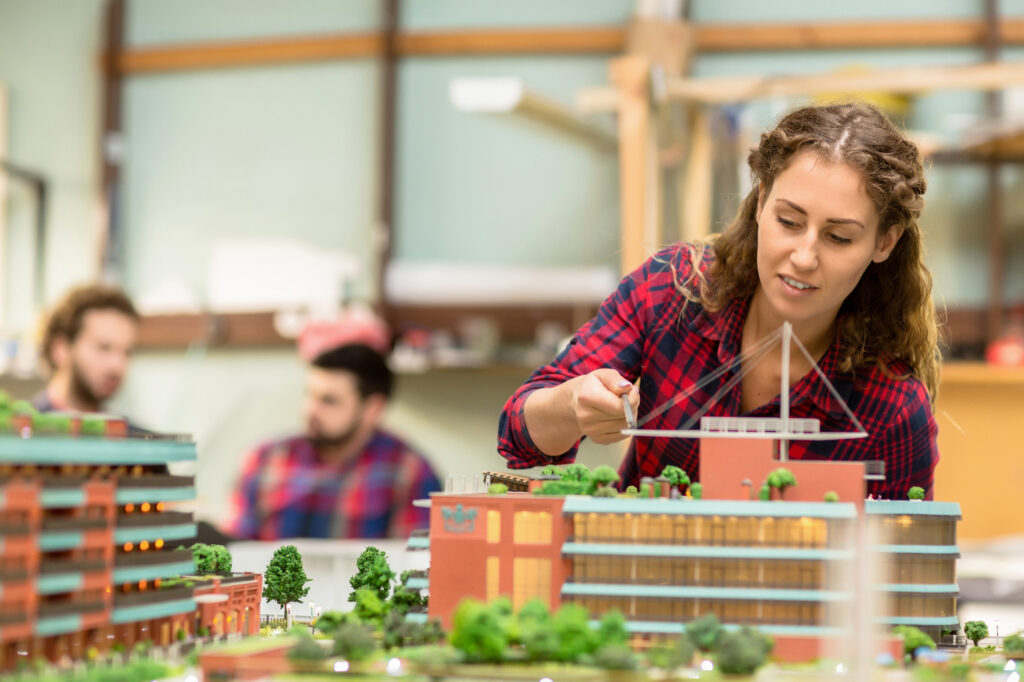
Results
The first project phase has already produced many exciting results, which you can view and download under the “Results” tab. In addition to the project-specific documentation and products, you will find cross-project documents:
- The publication of the results of the 1st funding phase of the BMBF funding measure “Resource Efficient Urban Districts for the Future – RES:Z” (Publikation der Ergebnisse der 1. Förderphase der BMBF-Fördermaßnahme „Ressourceneffiziente Stadtquartiere für die Zukunft – RES:Z”) contains an overview of the funding measure and two-page presentations of the results of all projects, plus an expert interview and recommendations for action. (in German)
- The “Memorandum of Understanding” provides a common understanding and shared recommendations on how to manage limited resources in the urban neighborhood. (in German)
- The DIN SPEC 91468 “Leitfaden für ressourceneffiziente Stadtquartiere” (“Guideline for resource-efficient urban quarters”) specifies requirements and procedures to be considered in the development of resource-efficient urban quarters in an early planning phase. (in German) In the second project phase, the DIN SPEC will be applied to the planning and implementation of measures in various model districts. You will find more information about this here shortly.
- The information modules are an alternative way of presenting results. They can be viewed either on a PC or as an app application on a mobile device (access data: user name: RESZuser, password: RESZuser). An overview module provides an overview of the addressed topics of the funding measure as well as the results of the funded research projects. For this purpose, 11 project-specific modules have been created. (in German)
- The handout on the typology of indicators and their application in planning processes and projects on sustainable district development provides support for a structured approach to the selection, application and interpretation of indicators in planning processes and projects in the context of resource-efficient neighborhood development. (in English)
Project Videos
At the beginning of the term, videos were created by the research projects in which they present the project with its background and goals.
More Information
